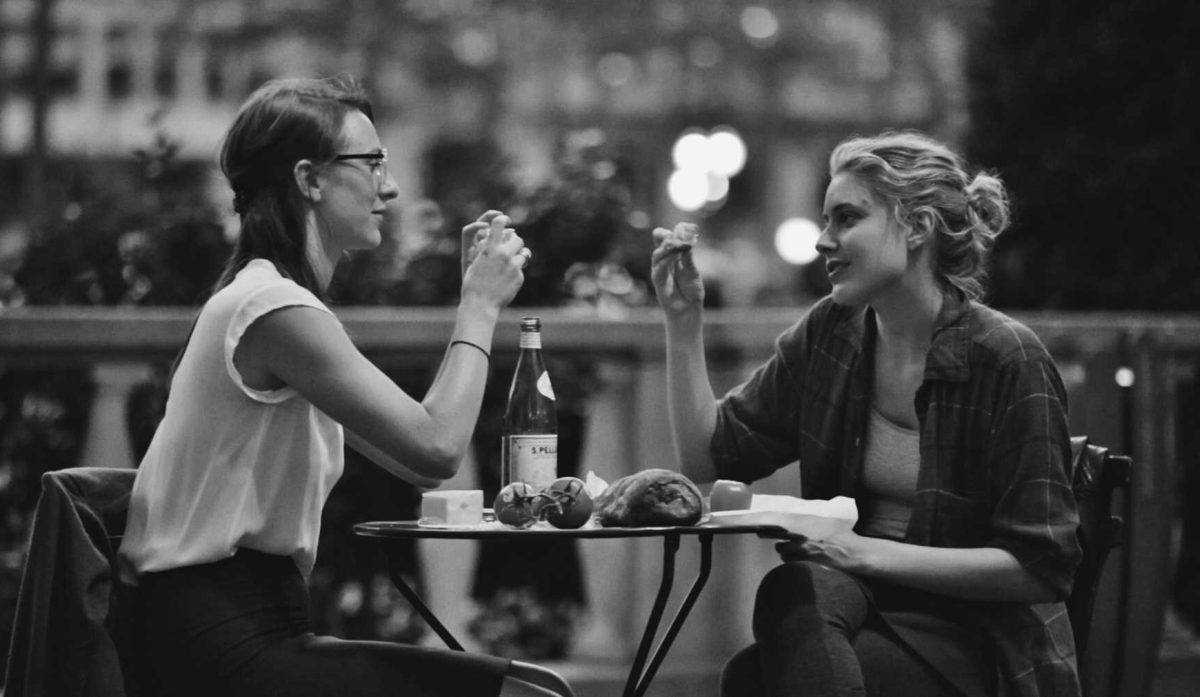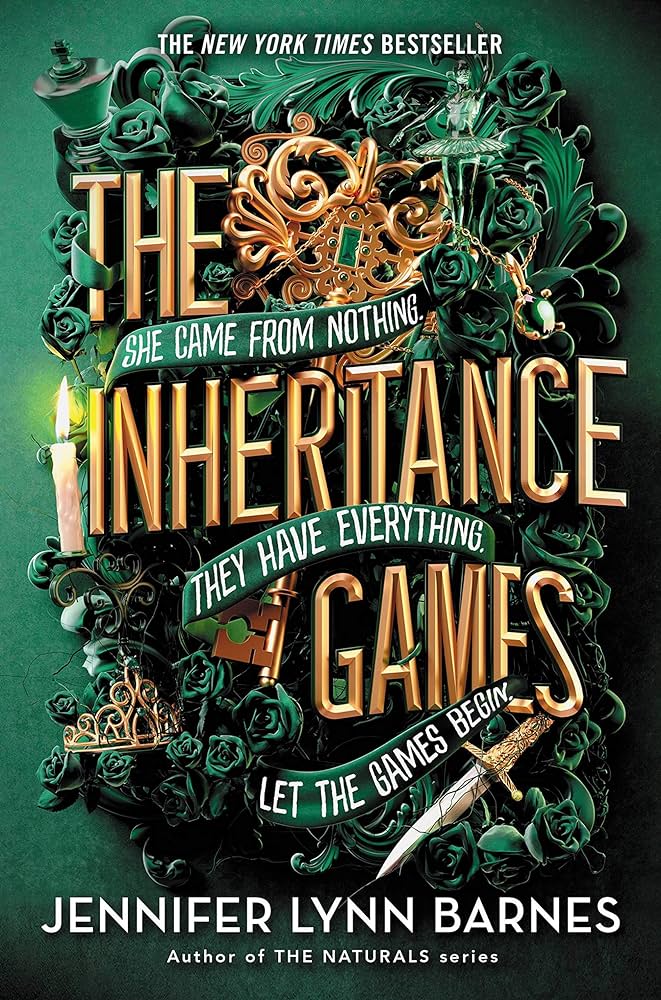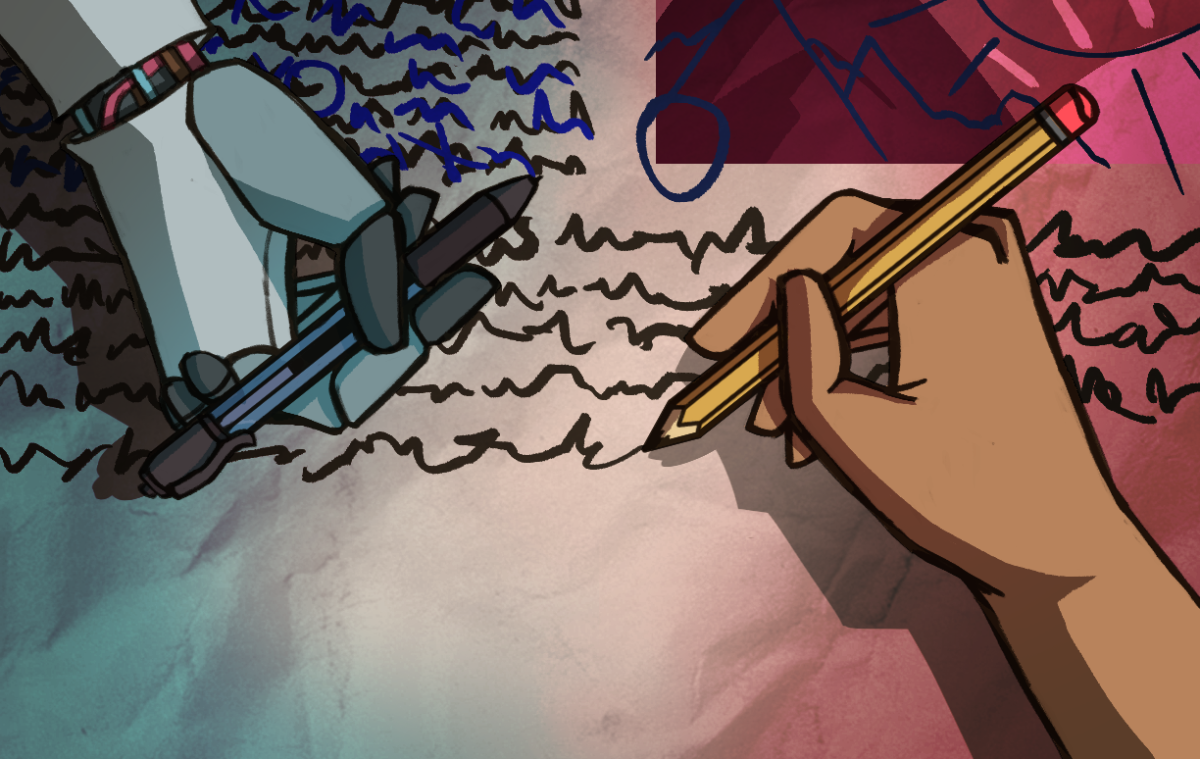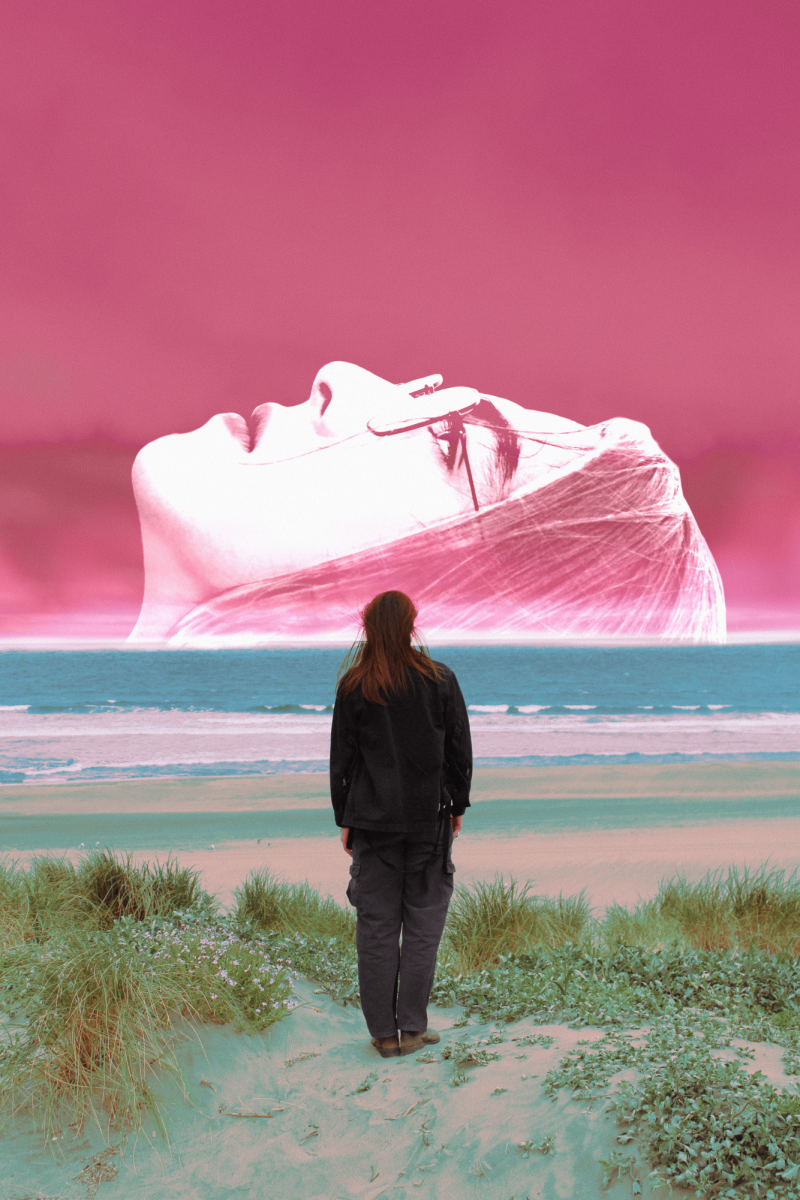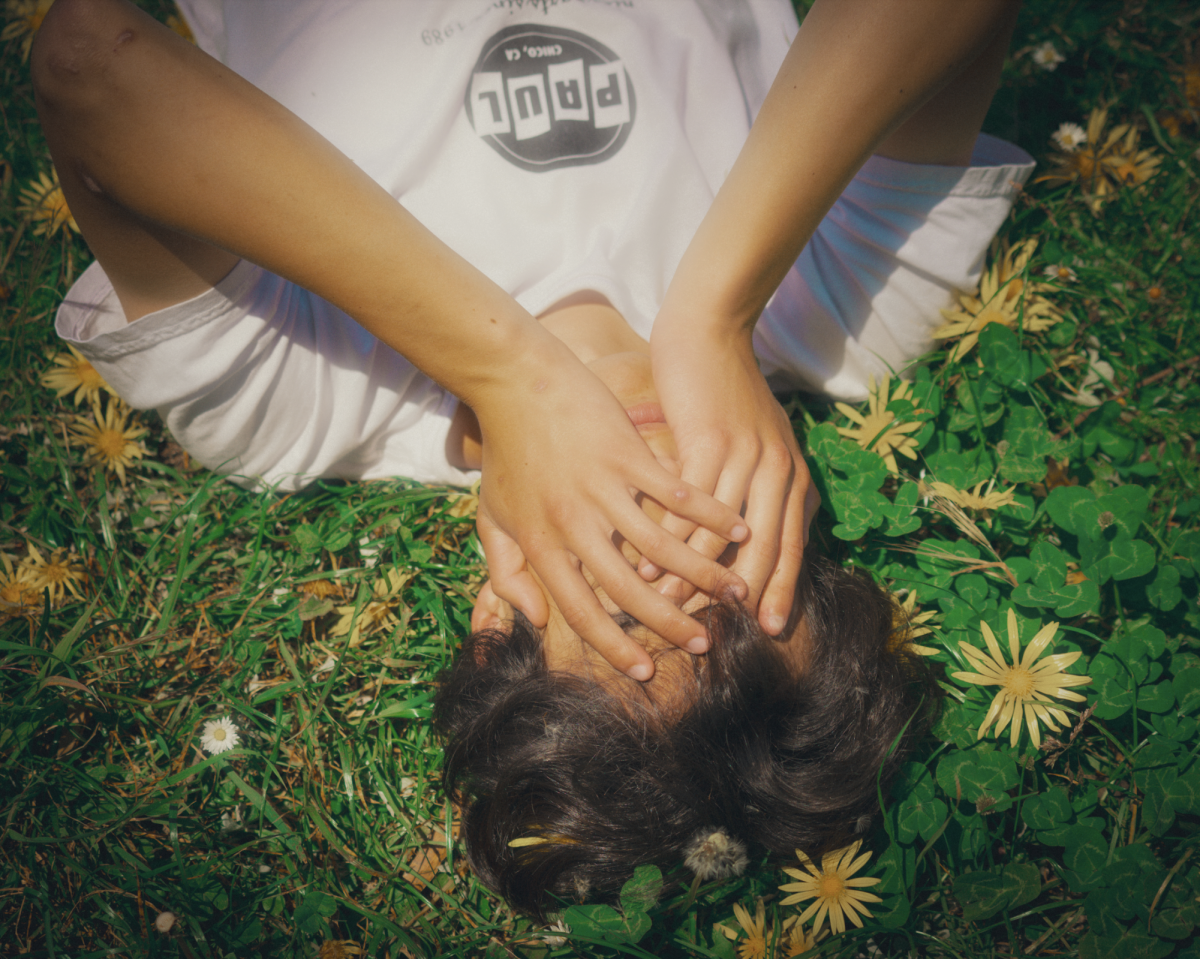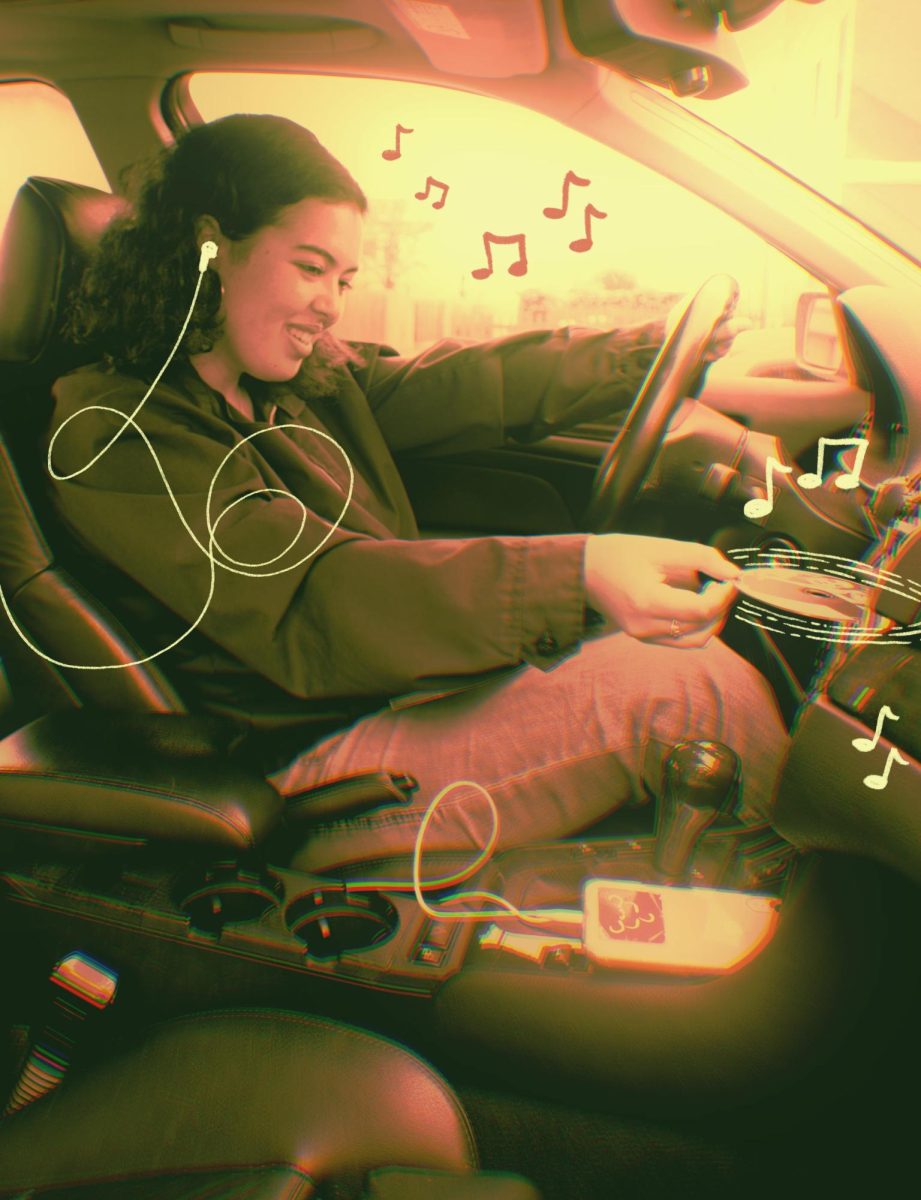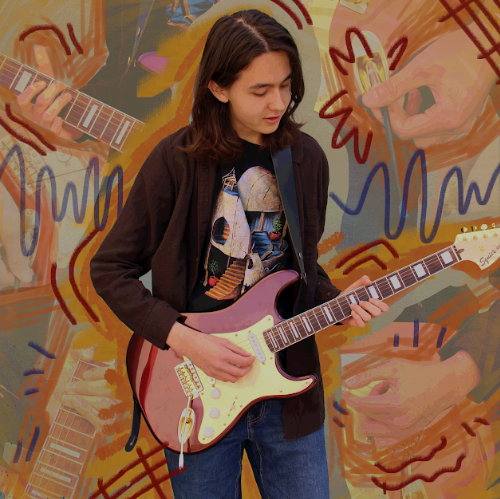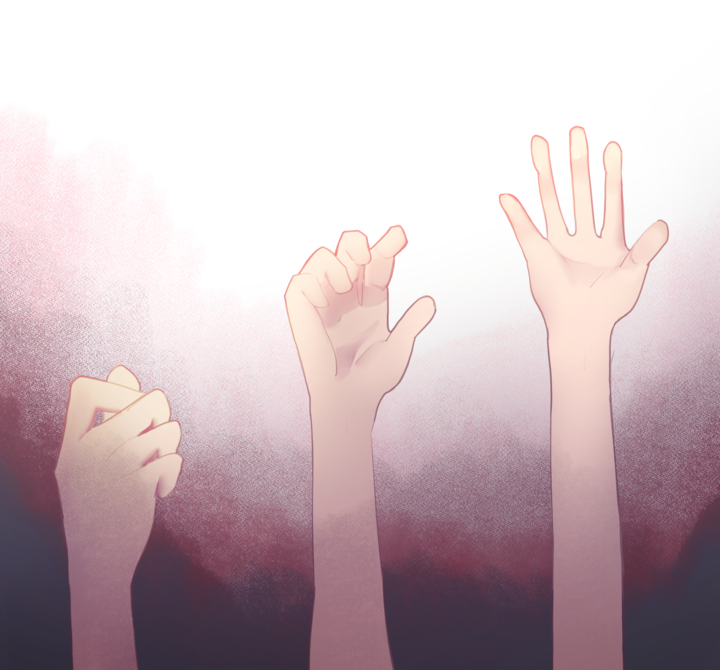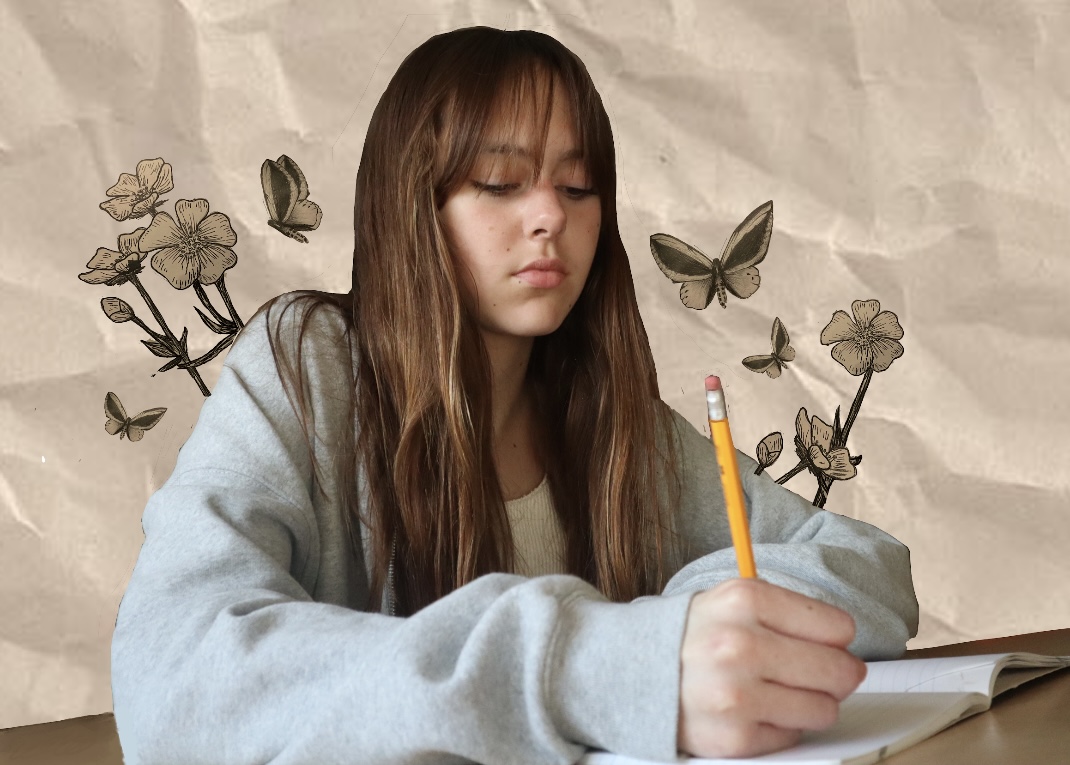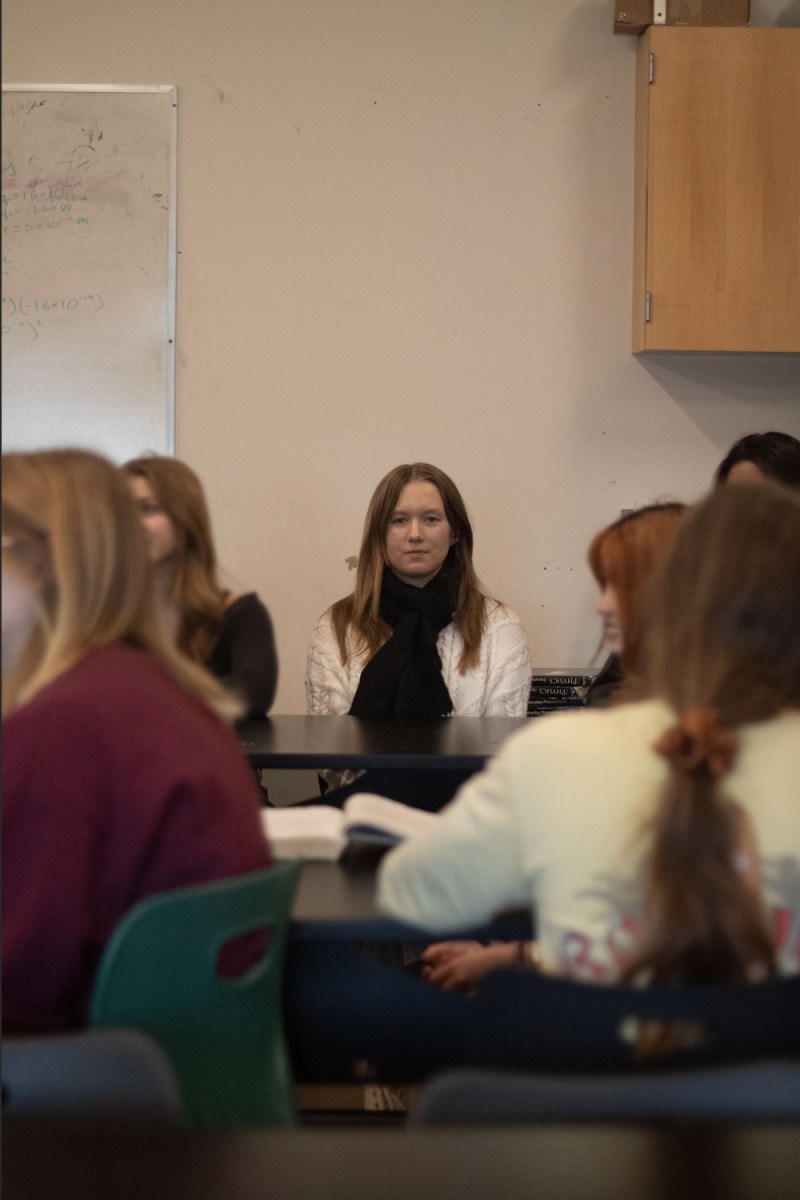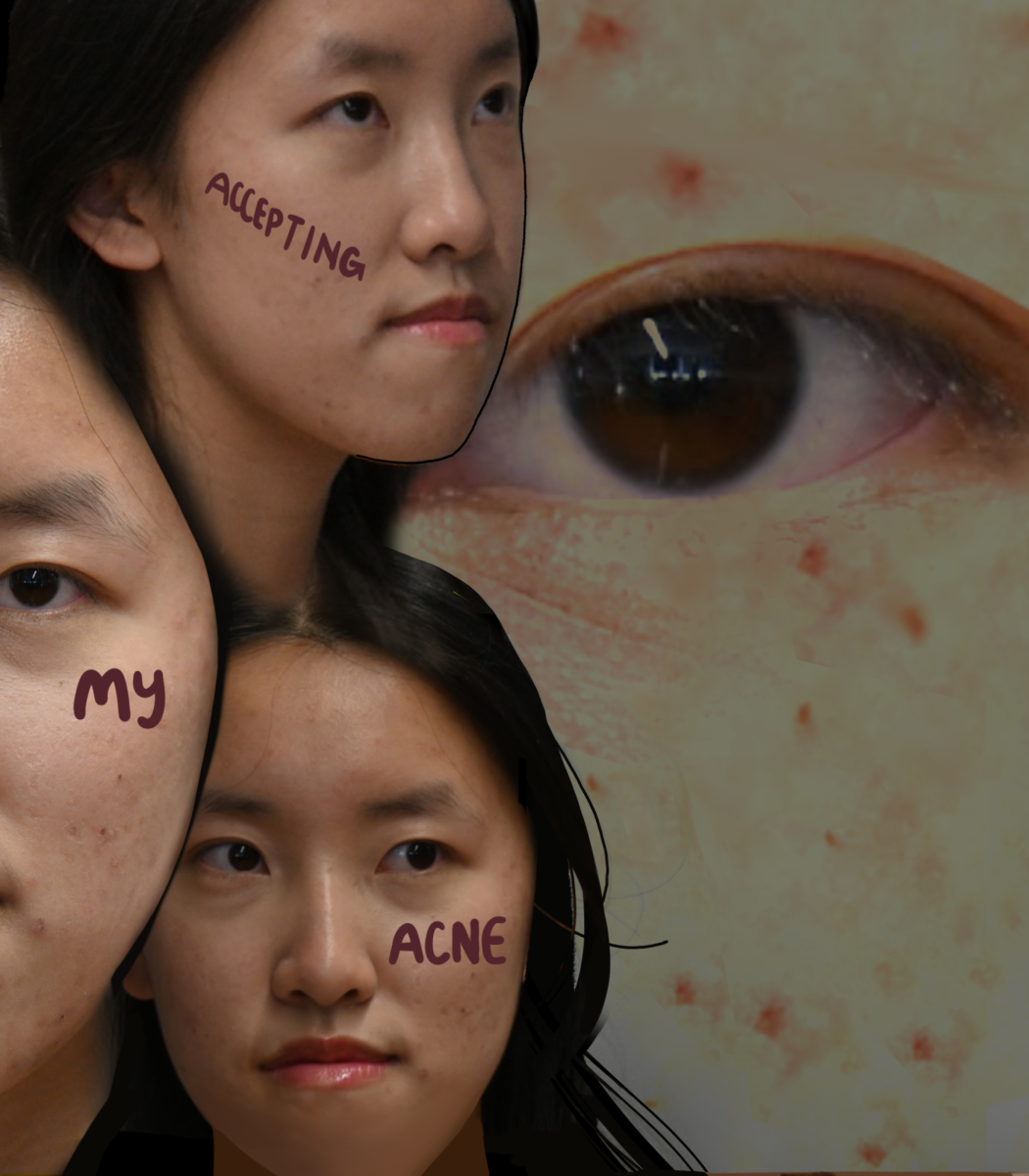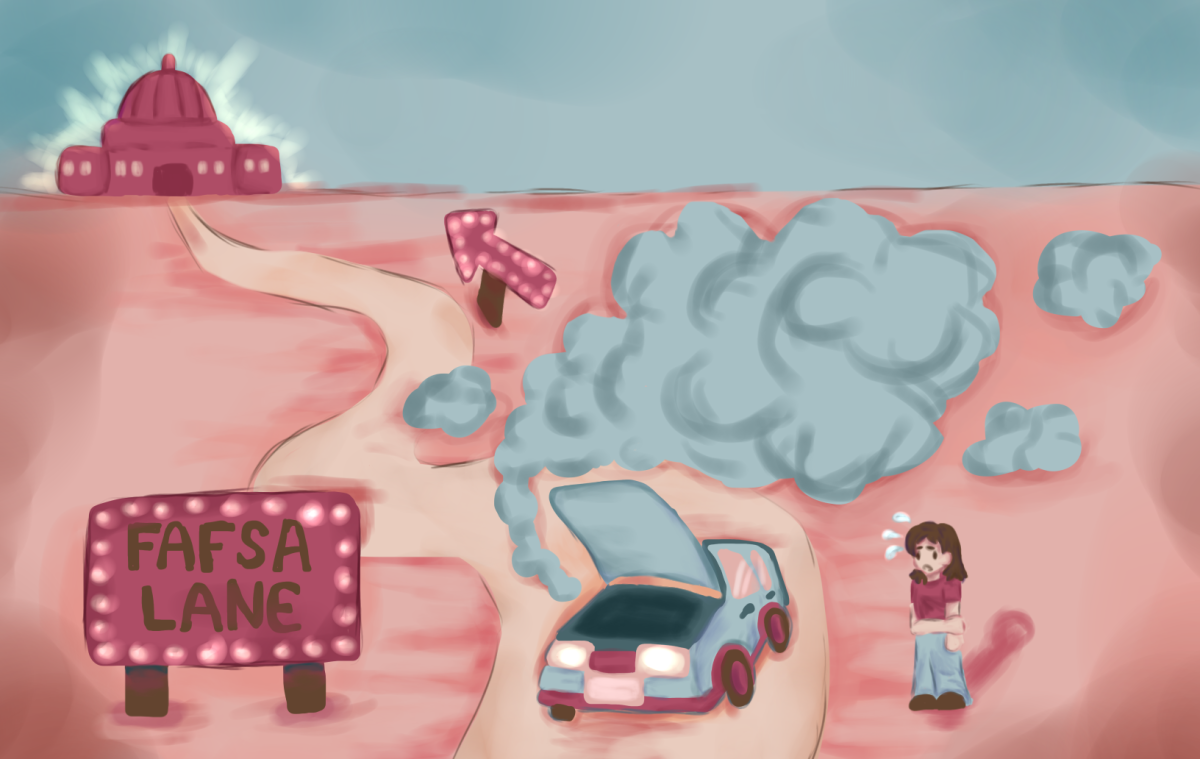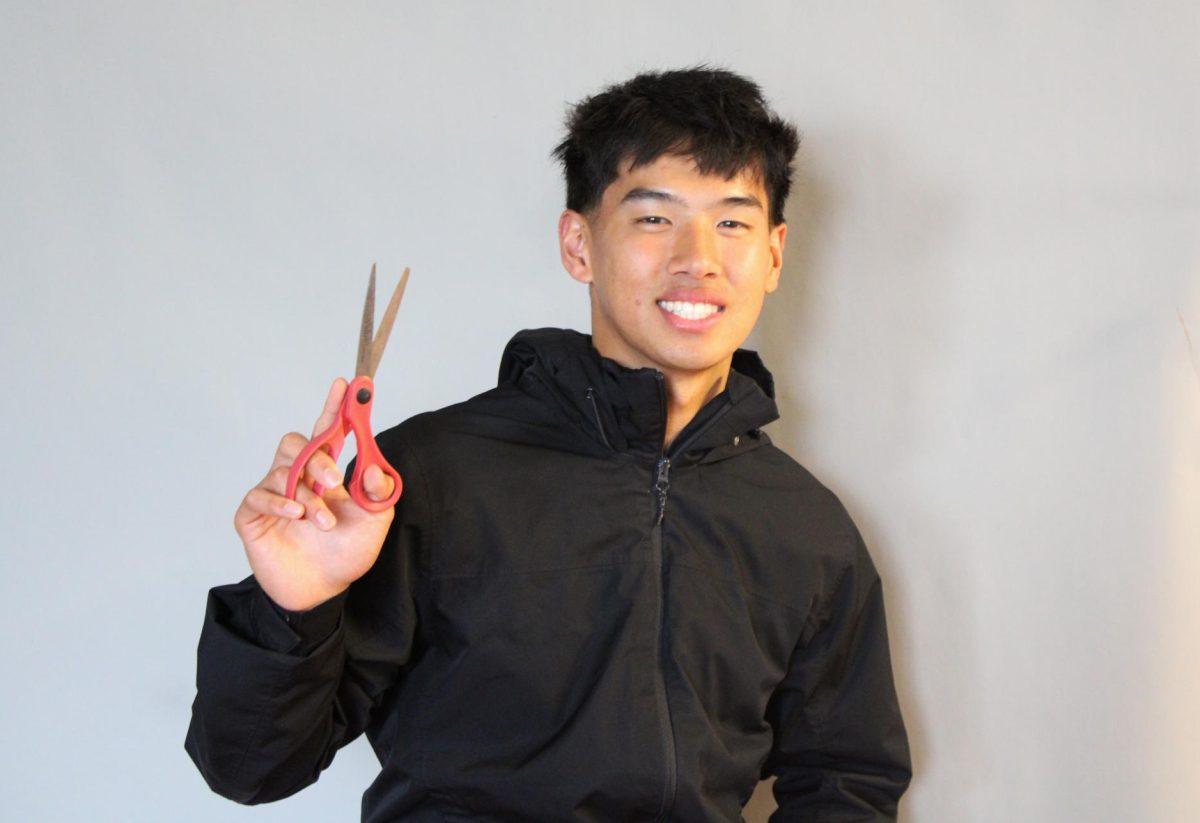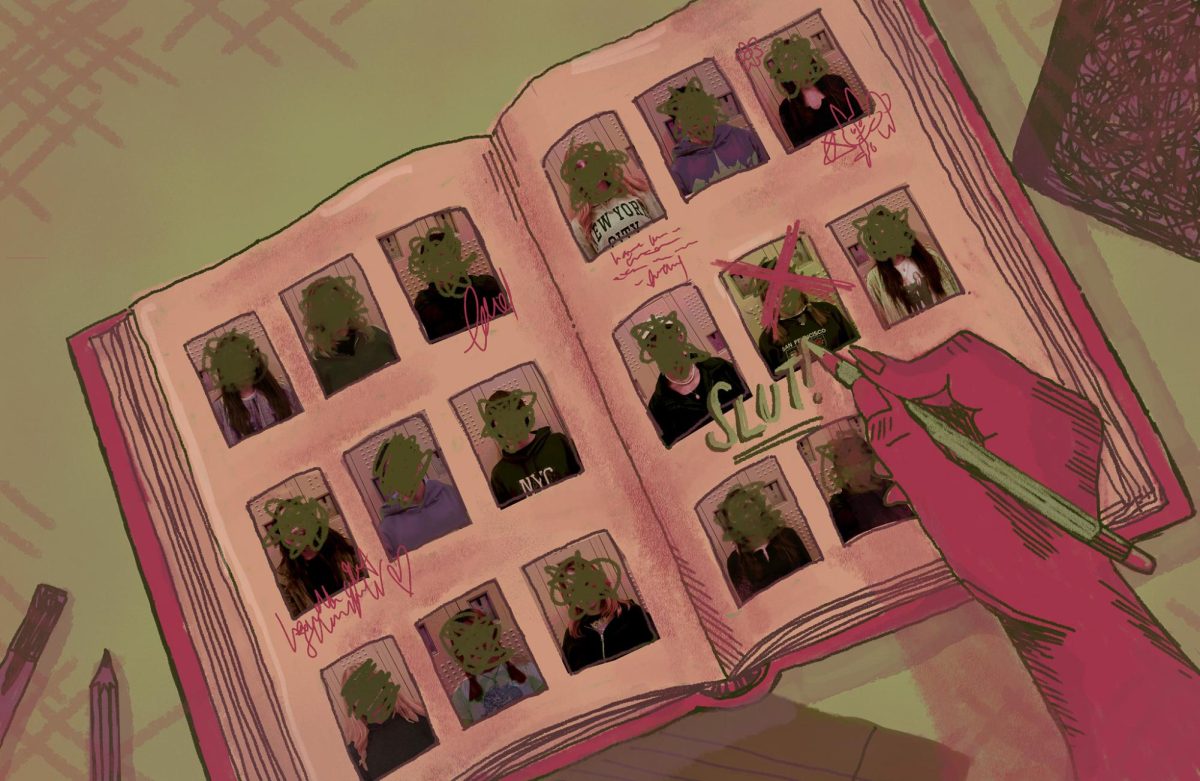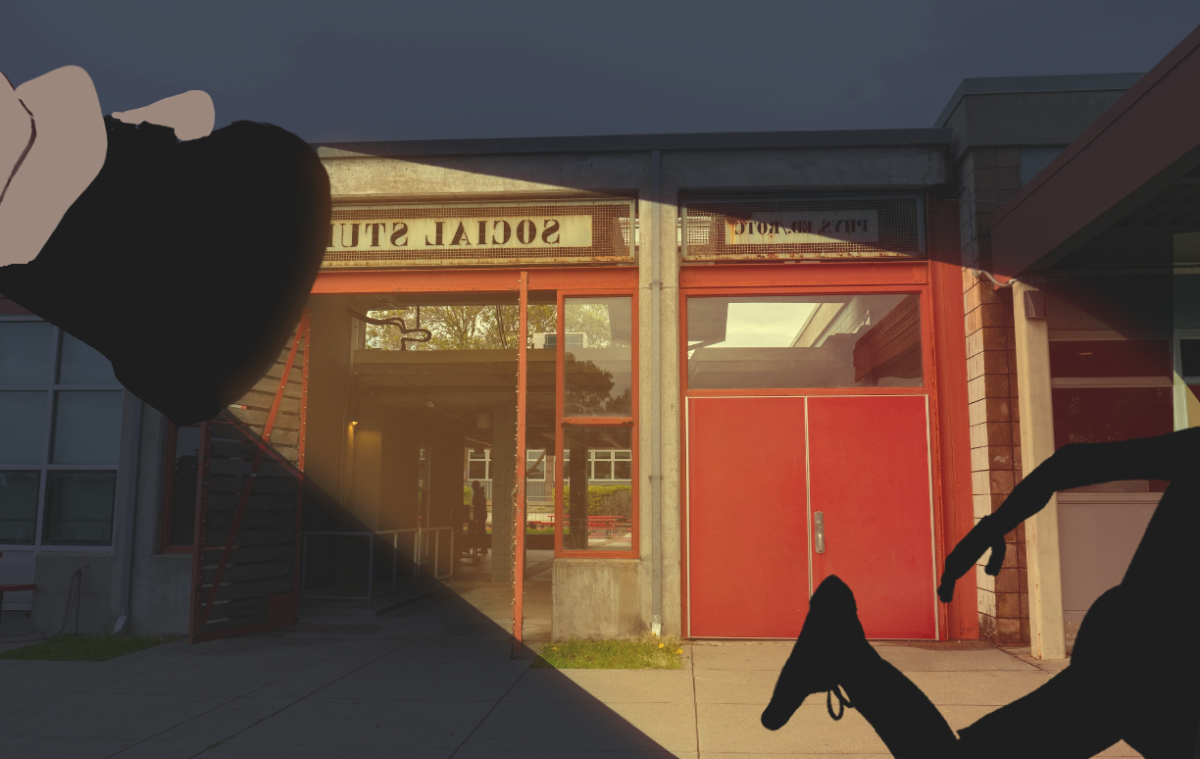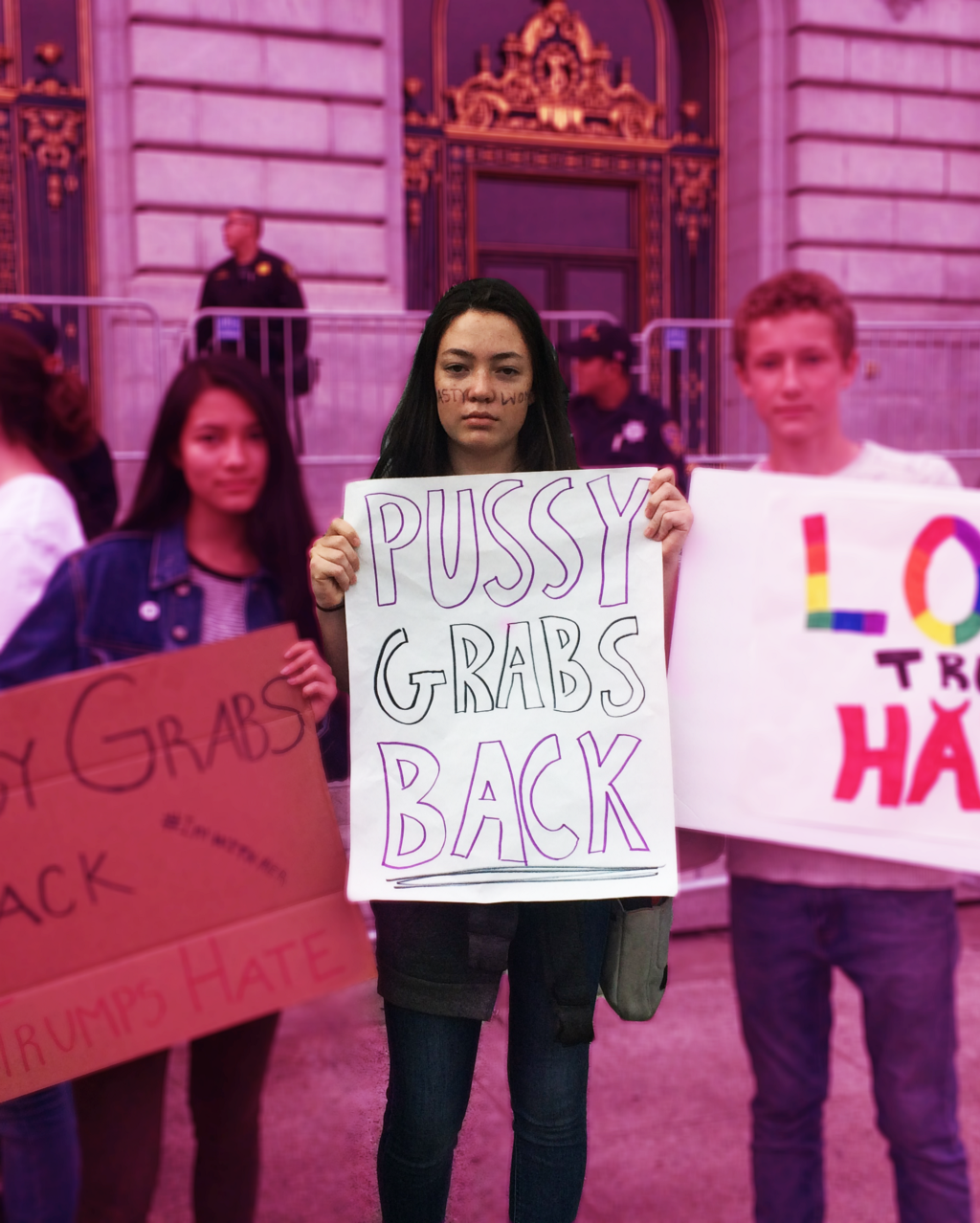
The day that early voting opened in late October, I canvassed for the first time in Reno because I did not want Donald Trump to be elected president. I woke up at 5 a.m. in the morning, drove for four hours to Reno, attended a training and then went and knocked on 129 doors in a push to get voters who typically voted Democrat to the polls to vote for Hillary Clinton for president and Catherine Cortez Masto for US Senate. That day, I encountered many young Bernie Sanders supporters on the fence about voting for Clinton; no one was thrilled about voting for Clinton, and they ranted about how unhappy they were with having to choose between her and Trump.
I had signed up to work at the polls on election day. I worked from 5:45 a.m. to 9 p.m. checking names and addresses of voters in a garage in my neighborhood. During our break, the woman who was running the polling place expressed how confident she was that Clinton would win the election that night. But after what I had seen and heard in Nevada, I wasn’t so convinced. My anxiety grew as the night progressed, and because I didn’t have my cellphone, I didn’t know what was going on. When I left the polling place, my suspicions were confirmed. My mom simply told me, “Trump is going to win.” We drove around the park for what felt like hours. I was in a stupor, unwilling to accept what was happening.

When I woke up the next morning, I felt too tired and depressed to get out of bed. I stayed home from school that day, something I’m not proud of. I was angered by the fact that Trump’s election would place barriers that I’d have to overcome in the future. As a member of the LGBTQ community, I was scared that he would revoke the executive order Barack Obama issued enforcing LGBTQ workplace protection. Vice President Mike Pence’s election scared me even more because of his notorious anti-gay rhetoric. We have taken so many progressive steps in the last eight years and long before that. I feared that all of our progress would be lost. I felt betrayed, as if half of America didn’t care about my rights, my family’s rights or my peers’ rights.
Sophomore Olivia Anderson said that after the election she felt “life had no meaning,” a feeling I echoed. Not being able to vote makes me feel powerless, like I have no control over my future. At the time, I felt that if I, and other teens, had been able to vote, Trump wouldn’t have been elected.
On Thursday after the election when I went to school, my mind was on the three tests I had to take that day and the loads of make-up work I had to complete. I heard from a friend before second block that some students had organized a walkout that in protest of Trump’s presidency. I convinced myself I couldn’t go because I thought couldn’t miss any more school. When class started, my history teacher told the class, “If you are walking out at nine raise your hand.” I spontaneously raised my hand, driven from a visceral, emotional place rather than a logical one. After he thought about it for a minute, he said, “Those who raised their hands can leave. The SAQ is postponed till Monday.” Eight other girls had raised their hands with me, and we left the classroom almost giddy. Before registry we departed from school earlier than the other Lowell students that marched and got on the M-line to go to Civic Center.
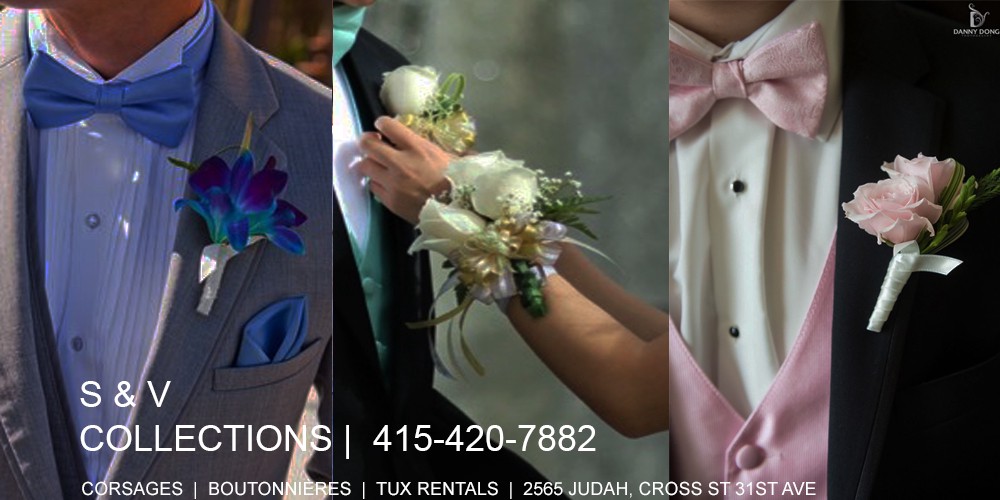
While I was marching, I felt love and pride for those around me.
We joined a large crowd of fellow students who were from schools across San Francisco, especially from Mission High School and Ruth Asawa School of the Arts outside of city hall. The police blocked the streets for the protesters as we marched down Market Street, through the Financial District, down Embarcadero, to the Ferry Building. While I was marching, I felt love and pride for those around me. I could feel the tension in my chest being released as I walked past the looming buildings. Our voices were loud and powerful in cacophonous unity. The younger generation led the march as the older generation stood on the side of the street waving flags and high-fiving us. As we wove through stopped cars, women chanted, “My body, my choice,” and men replied, “Your body, your choice.” For the first time in three hellacious days, I felt at peace.
Looking at the diverse crowd around me, I was grateful to live in the “liberal bubble” that is San Francisco. I was using the privilege of being able to voice my views in a supportive environment to send a message of love and acceptance to those living in fear across the country.
Later, protesters sat in Civic Center Plaza as student speakers gave beautiful and empowering speeches. I was struck by one boy from Syria who worried that Trump’s presidency would mean that his family would not be able to join him and have the same opportunities as him. A theme of anger, sadness and fear rang true for all that spoke.
Many people were concerned that these negative emotions would cause the march to be violent but it was the opposite. Those feelings brought together all who marched. Despite the fact that we were a group of absolute strangers, we felt a powerful sense of community. We were “standing strong together,” a sophomore who attended the march said. Aside from the occasional “Fuck Trump,” it was a peaceful march, and it relayed positive messages of unity, equality, love and acceptance towards everyone.
The moment that I turned my back on City Hall and walked away from the crowd, I knew that walking out had been the right decision. A feeling of relief washed over me. The voices of protesters surged behind me, and all of my polluting thoughts and feelings were gone. Inspired by the emotional experience of protesting, I now wanted to find practical ways of making change.
Despite the fact that we were a group of absolute strangers, we felt a powerful sense of community.
When I got off the 18 bus-line coming home I felt exhausted. My feet were sore, and my voice was hoarse as the adrenaline wore off. As I was walking home, I encountered a woman that I had met two days earlier while working at the polls. She was an Eastern European immigrant who had brought her grandfather to vote for the first time, only for him to cast a ballot for Trump. She said he was old, dogmatic and conservative, and despite her best efforts his mind couldn’t be changed. We ended up talking for 20 minutes, ranting about the election, talking about the midterm elections and brainstorming ways that we could create tangible change, such as donating to Planned Parenthoods in Ohio and Texas.
I discussed the walkout with several students and found that some believed walking out was useless because it didn’t create tangible political change. One Lowell student said that he didn’t walk out because he felt that most kids walked out as an excuse to leave class, and he didn’t want to support that. Another said that she thought that “it just seems like protesting is only going to make people mad in our government.” She said that she thinks protesting is useful when protesting specific and changeable things. Protesting Trump as a person “seems silly and more as just hate towards him.”
While I agree that protesting Trump’s election was never going to change the results, I feel that protesting is a cathartic experience and a useful way to get students’ voices heard.
Following the election, I took a break from reading the news, a big shift due to the fact that I had been rabidly reading it ever since the start of the primaries. I needed to heal. I had long conversations with a woman that I consider to be my second mother who had taken me to Reno to canvass for Clinton. She grieved and was depressed for a month following the election, burdened with pent up emotions. She has had traumatic sexual harassment experiences, as I have, she and I shared strong feelings toward Trump’s “grab them by the pussy” remarks. I noticed that she was affected by the election in ways that I wasn’t, perhaps because she hadn’t had the opportunity to release some of the poisonous emotions that were arising.
Days after the November walkout, I heard on Twitter about the Women’s March on Jan. 21. The moment I read about it I immediately decided I’d go. It was different this time because my whole family went. My little brother and sister were able to go and experience peaceful protesting early in their lives. We left for City Hall a little before 3 p.m., and took the N-line from our house all the way to Civic Center. The train filled up like a steamy greenhouse. When we got off it took 10 minutes to get out of the station because of the crowds of people wearing pink “pussyhats” all headed up the escalators and stairs.
When we got to the plaza, it was already filled, and we climbed up a tree and observed the sea of pink. People sang and spoke. As the rain fell, I sat in the tree holding my “No Uterus? No Opinion” sign alongside my brother with his pink “My sister would beat your ass” sign. My jacket wasn’t waterproof, and I was soaked to the skin before we even started to march to the ferry building, around 5 p.m.
I realized how many people needed to release their emotions and have their voices heard.
I was struck by the magnitude of this protest. It was so much larger than any protest I’d ever been to. I realized how many people needed to release their emotions and have their voices heard.
Though it’s difficult to count, in Washington D.C. alone, the number of women that protested Trump’s presidency were three times as many as attended his inauguration, according to The New York Times. With its epicenter in D.C., many celebrities spoke and sang at the marches. In states that went red in the election, like South Carolina and Arizona, large Women’s Marches were held on the Jan. 21. Not only did the marches send a powerful message within the U.S. but internationally as well. There were marches across the world, from Antarctica to Zimbabwe.
Since the Women’s March, more demonstrations against Trump and his policies give me hope that peaceful protests can spur change. After the ban of travelers from seven predominantly-Muslim countries was put into place, protests shut down some airports and put pressure on our representatives to quickly react to the ban. I plan to attend the People’s Climate March on April 29, which is a march for “jobs, justice and the climate.”
Sophomore Dolores Davidson made a statement that rings true for all of the protests that have happened so far. “I was trying to show Trump and all of his supporters that we haven’t given up and we haven’t crawled back into our shells and we’re not just going to accept that they can do whatever they want once they hold office.” We won’t be complacent, and we’ve shown through our actions that we will continue to protest and voice our opinions as long as we see injustice.


